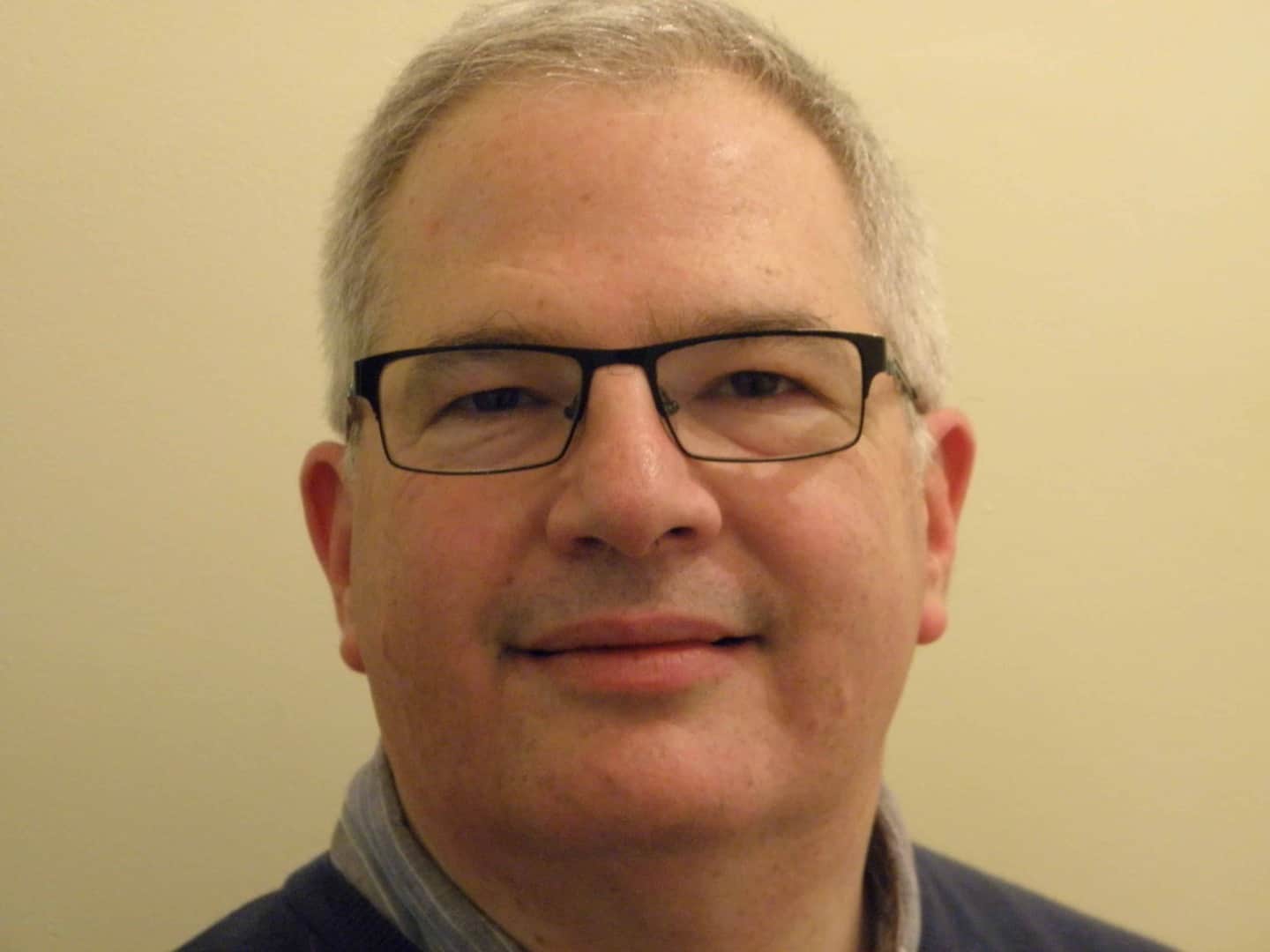Imagine waking in the middle of the night and being told that you have to leave your home, your community, everything you know about your life and start a journey. You don’t know where you are going or how you might get there or what you might do when you arrive, but it is too dangerous to stay … so you go.
The exodus from Egypt which Jews mark tomorrow night [Friday 15th] at the Passover festival is an ancient story, but depressingly familiar. It is a story that has been repeated endlessly since those ancient times. Jews left Egypt for the land of Canaan where they built communities and temples and flourished. But the temples were destroyed and they were forced to travel on to Babylon and to Ethiopia, across the Middle East and Europe.
Again, forced to leave, from England in 1290 and from Spain in 1495, they spread across the European continent but were regularly forced to flee again: from Russia and Ukraine and Poland, as pogroms ravaged their communities, and from the Third Reich and almost the entirety of the Middle East.
‘Home’ was temporary and soon it was time to move on.
This is a universal story which we repeat today. Not just because once again there was a flourishing Jewish community in Ukraine. Jews around the world will retell the story of the Exodus tonight in the first person “with a mighty hand and outstretched arm God led us out of Egypt”. We share what it means for Ukrainians to have to pack up their lives in a matter of minutes – decide what to take and what to leave behind – and to flee.
To me, shipping refugees seeking safe haven off to Rwanda – to yet another far away land – is a personal afront. Passover is a festival which starts with exile and ends with freedom. We modern British Jews (first person) are very lucky to live where we do, to be free of pharaohs ancient and modern, to be able to judge for ourselves, distinguish truth from lies, to speak our minds.
But we are not alone as newcomers to our land of freedom. Many of our fellow citizens, including our Home Secretary came here within a generation or two. Our freedom means nothing if we don’t use it.
Passover reminds us not to take such freedoms lightly and of our responsibilities to protect them for others. Jewish tradition reminds us “we were strangers in a strange land”. And in this strange land and in these strange times we must act as if we ourselves are coming out of Egypt today.






Your sentiments should resonate with many. To me the Passover story seems ironic since the State of Israel, not ot mention the religious right, practice few of the principles or behaviors advocated in the Haggadah. Indeed, when it comes to Palestinians, their practices are the antithesis of what is celebrated.
A humane and sustainable way to resolve issues of national overpopulation is a global compact on migration & development which takes account of national biocapacity accounts and the extent to which these accounts are in deficit or credit.
https://t.co/lyiWlGpHpo
This is exactly what Patel is bilaterally working towards in order to reduce the need for import dependencies that inevitably lead to militia mediated corporate land grabbing, forced displacement, slum urbanisation and illegal immigration.
Your solution of an open border policy that further destroys the UK’s biocapacity is no solution at all but an appeasement of rape, murder and torture in countries where we need to take biocapacity from others.